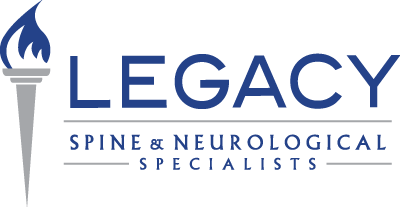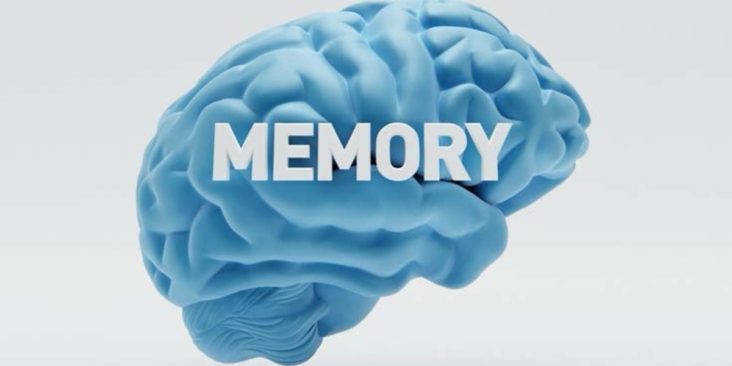Memory loss is a common neurological concern. Often, mild forgetfulness is due to stress, distraction, or even depression. Though patients can experience a little forgetfulness with aging, significant changes in memory or thinking are never only attributed to age.
When memory loss becomes significant
When memory problems become clinically significant, patients should be assessed for dementia. Dementia is a blanket term used to describe a variety of memory, behavioral, and cognitive changes. By far, the most common type of dementia is Alzheimer’s disease. This usually presents with memory, recall, and processing deficits. Frontotemporal dementia may be diagnosed in patients presenting language and planning deficits. Other types of dementia may be associated with other medical diagnoses, including Parkinson’s disease, drug or alcohol abuse, or recurrent strokes. A thorough neurological evaluation is essential to determine if a problem exists and what course of treatment is recommended. This usually consists of cognitive testing, lab work, MRI or CT imaging, and EEG.
Prevention
Though there is no known way to completely protect against the development of memory loss, there is good evidence that regular exercise throughout one’s life lowers the incidence. Avoiding nicotine and tobacco, moderating alcohol usage, and eating a healthy diet are important as well. Though data is limited, there may also be benefit in thinking puzzles (word searches, sudoku, logic games) and reading frequently.
If you or a family member is experiencing memory loss, it may be time for a neurological evaluation, please contact our office for an appointment, 501-661-0818.

